
Food loss and waste prevention and reduction: a key lever for food systems transformation
Wednesday, 26th July, 14:30-16:00
Through concrete examples, the session will examine challenges faced and progress made in food loss and waste (FLW) prevention and reduction within a sustainable agrifood systems context. It will highlight successful approaches and promote peer-to-peer learning and cooperation to accelerate and deepen the transformative power of agrifood systems through FLW prevention and reduction. It will start by explaining the role FLW prevention and reduction can play in accelerating agrifood systems transformation to achieve the SDGs within a context characterized by multiple inter-connected crises, such as food insecurity and climate change.
Significantly high levels of food loss and waste (FLW) occur in the global agrifood system. Up to 13.2 percent of food produced globally is lost while 17 percent is wasted. FLW has negative impacts on food security and nutrition – including for the 828 million people who are undernourished and the 3.1 billion who cannot afford a healthy diet. FLW contributes to climate change, being responsible for 8-10 percent of all greenhouse emissions. It also contributes to environmental pollution, degradation of natural ecosystems and biodiversity loss, and represents a waste of resources, such as water, that are used in food production.
The session will focus on the following questions:
- What are the challenges faced and the progress made since the Food Systems Summit in FLW prevention and reduction as part of an agenda to accelerate achievement of the SDGs through agrifood systems transformation?
- How has FLW prevention and reduction resulted from and contributed to a more efficient, resilient and inclusive food system?
- How can trade-offs be minimized in achieving sustainability in all three dimensions?
- How can the ‘means of implementation’ for FLW prevention and reduction (e.g. finance, science and technology) be mobilized or leveraged at scale at sub-national, national and global levels?
Awareness is lacking on the role FLW prevention and reduction can play in agrifood systems transformation, while weak human and institutional capacities, and weak means of implementation plague attempts to address FLW within agrifood transformation agendas. The session will raise awareness, promote greater recognition of the role of FLW prevention and reduction, and mobilize the political will and commitment required to integrate FLW in national pathways. It will also showcase examples of successful interventions that can inspire the design and implementation of national pathways, incentivizing peer-to-peer learning and cooperation.
The session will highlight how FLW prevention and reduction can accelerate transformational change to make agrifood systems more resilient, efficient, sustainable and inclusive. It will show-case examples where FLW prevention and reduction has been achieved while fostering inclusion of groups that face higher levels of vulnerability, exclusion and marginalization in the agrifood system, such as women and indigenous peoples. It will highlight approaches to ensure that these groups have access to the resources and services needed to prevent and reduce FLW and that they are not excluded from profiting from the benefits of their actions.
Speakers
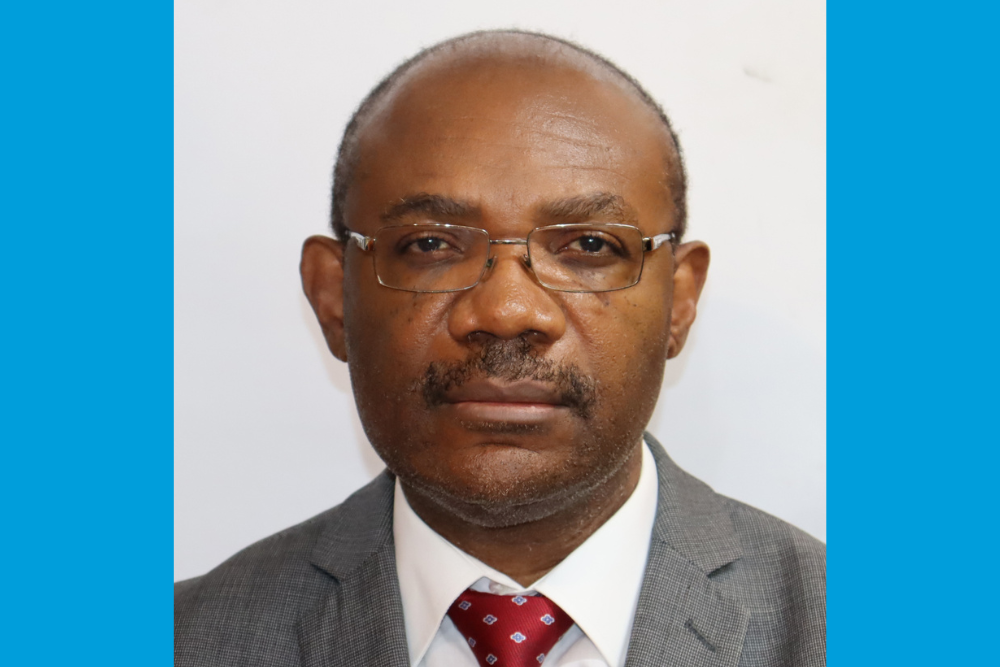
Mr. Divine Njie
Deputy Director, Food Systems and Food Safety Division, FAO
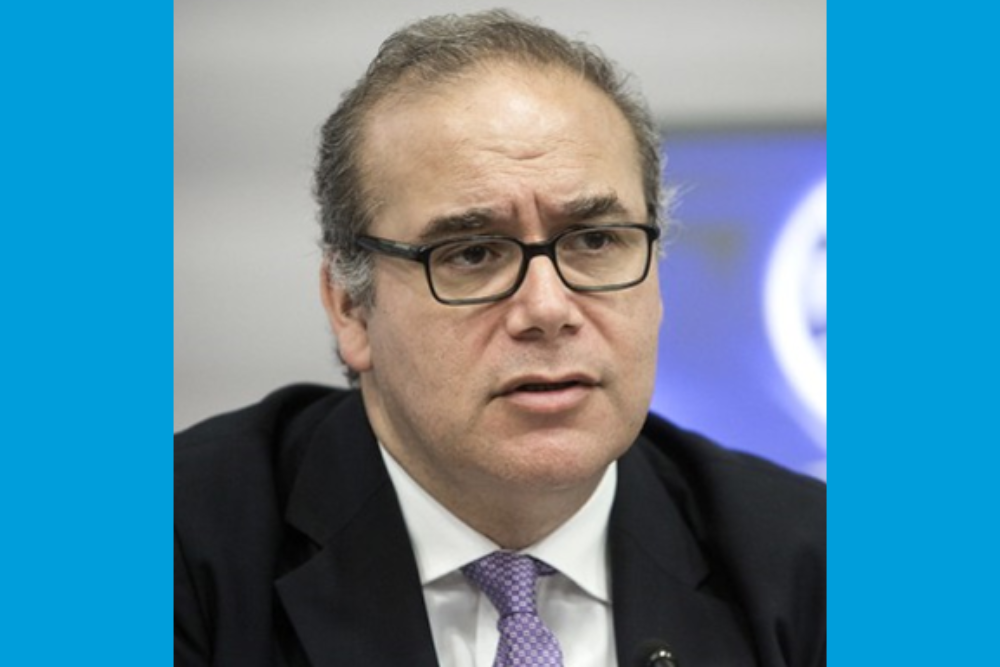
Mr. Máximo Torero Cullen
Chief Economist at FAO
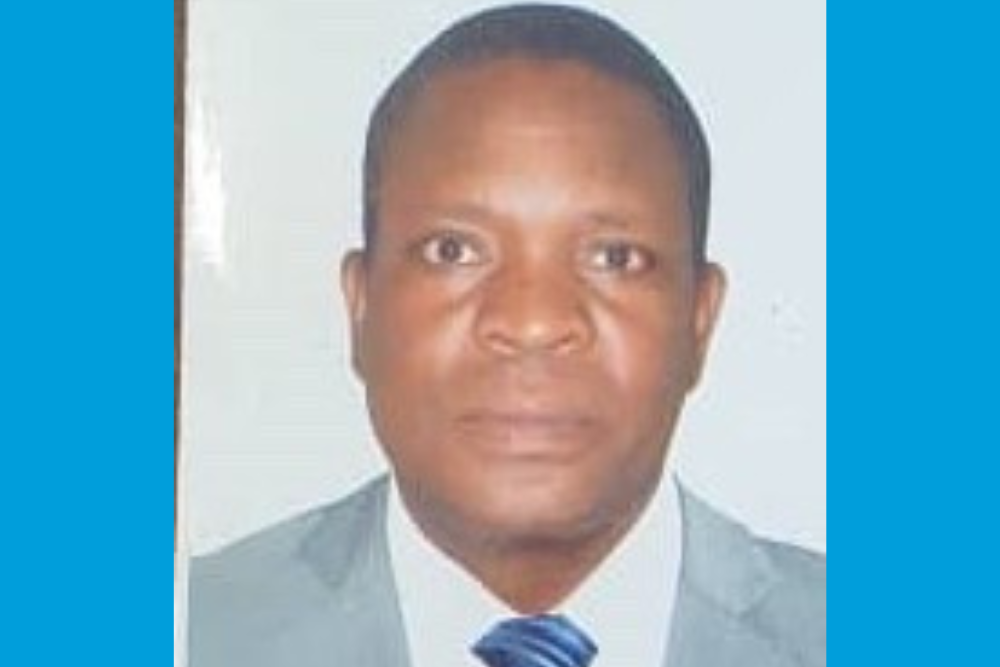
H.E. Mr. Anxious Jongwe Masuka
Minister for Lands, Agriculture, Fisheries, Water and Rural Development, Republic of Zimbabwe
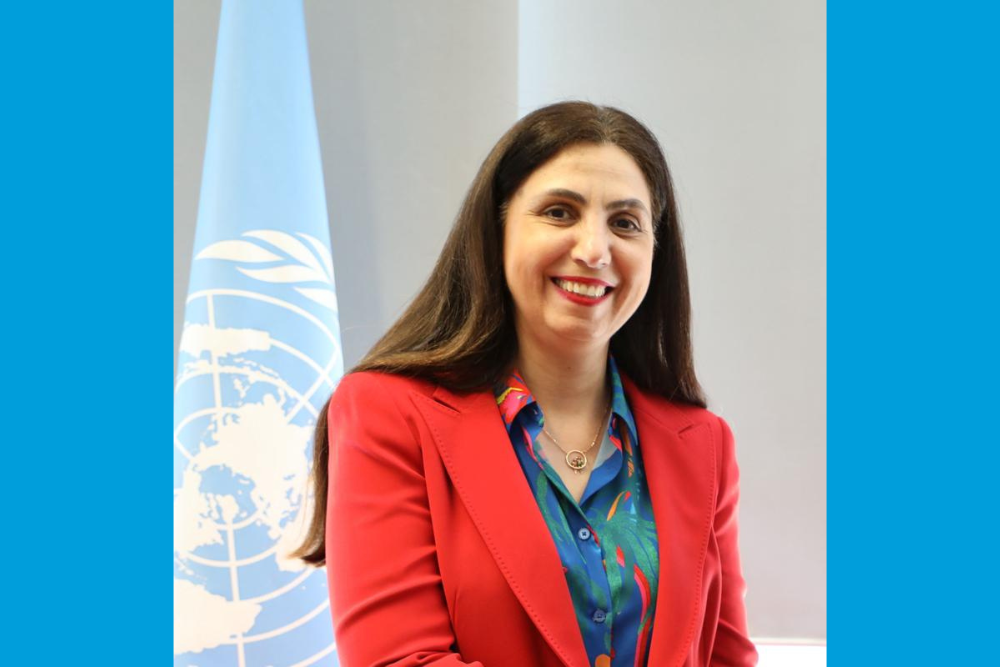
Ms. Rola A.A.H. Dashti
Executive Secretary, UN Economic and Social Commission for Western Asia (ESCWA)

Ms. Claire Bury
Deputy Director-General, Directorate-General for Health and Food Safety, European Commission

Ms. Jennifer Lester Moffitt
Under Secretary for Marketing and Regulatory Programs, USDA
Ms. Geeta Sethi
Advisor and Global Lead for Food Systems, The World Bank
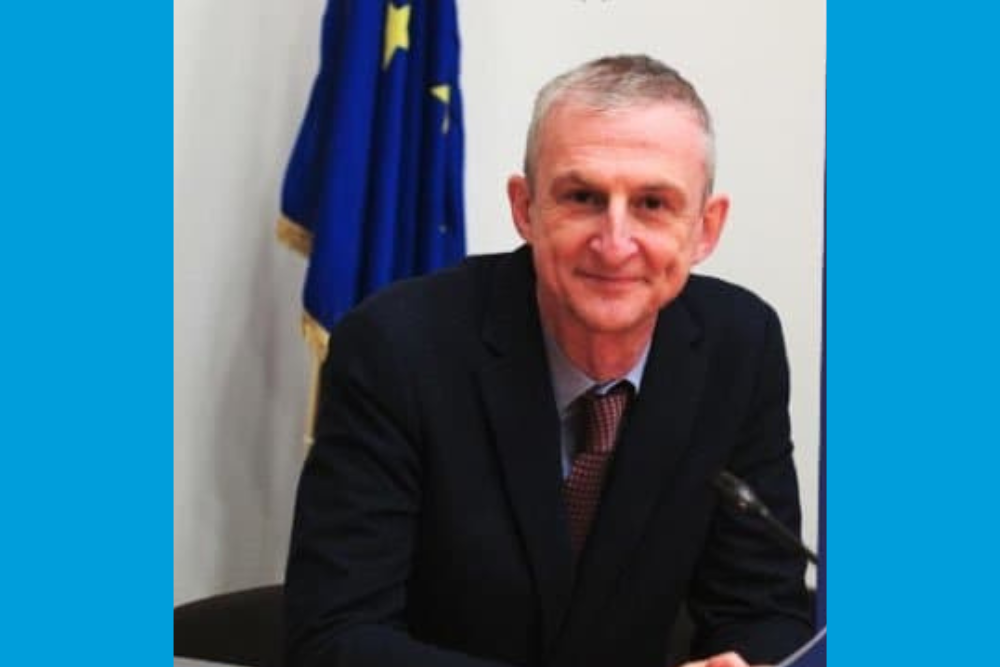
H.E. Mr. Stefano Gatti
Special Envoy for Food Security, Italy
